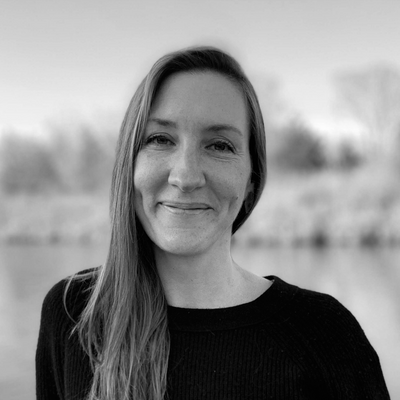ABOVE: SALK INSTITUTE
Dave Schubert, a neurobiologist at the Salk Institute for Biological Studies, died August 6, two days after being diagnosed with B cell lymphoma, according to The San Diego Union-Tribune. He was 77 years old.
Schubert’s long career at Salk spanned the breadth of neurodegeneration research, from the basics of amyloid β toxicity to the screening and preclinical testing of compounds for possible treatments for Alzheimer’s disease.
“We are deeply saddened by the news of Dave’s passing. He was one of the earliest graduate students at Salk and spent close to 55 years of his scientific career here,” Salk President Rusty Gage says in a statement. “Dave will be greatly missed and we are forever thankful for his contributions to our research community.”
According to the statement, Schubert was born in 1943 in Indianapolis and attended Indiana University for his bachelor’s degree in chemistry. He...
In 1970, Schubert started the first neurobiology lab at Salk. He established and described clonal cell lines important for neuroscience. According to a biography from the Michael J. Fox Foundation, Schubert studied growth factors before turning to the cellular pathology of Alzheimer’s disease. In 1994, he and his colleagues showed that amyloid β damages cells in culture through free radicals.
More recently, Schubert and his wife Pamela Maher, a senior staff scientist at Salk, collaborated on a screening initiative to identify and improve upon compounds that might prevent cell death in Alzheimer’s and other neurodegenerative diseases. One of these, a synthetic derivative of curcumin, found in turmeric, is now being tested in a Phase 1 trial of healthy individuals to examine its safety.
“He will be disappointed that he doesn’t get to see what happens, but getting it that far was really quite a feather in his cap,” Maher tells the Union-Tribune.
Schubert is survived by Maher, his son Bruno, and three grandchildren.
Interested in reading more?







